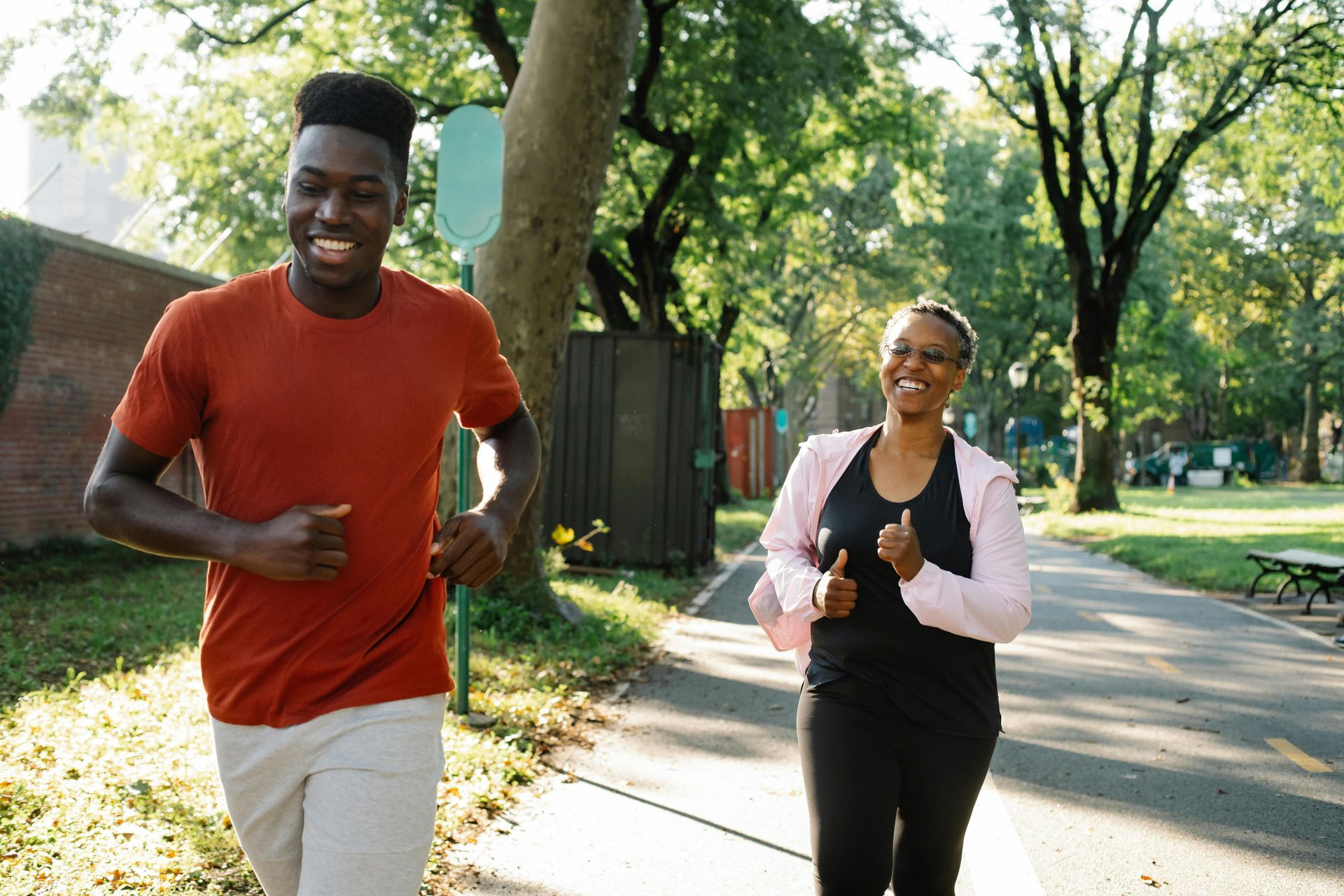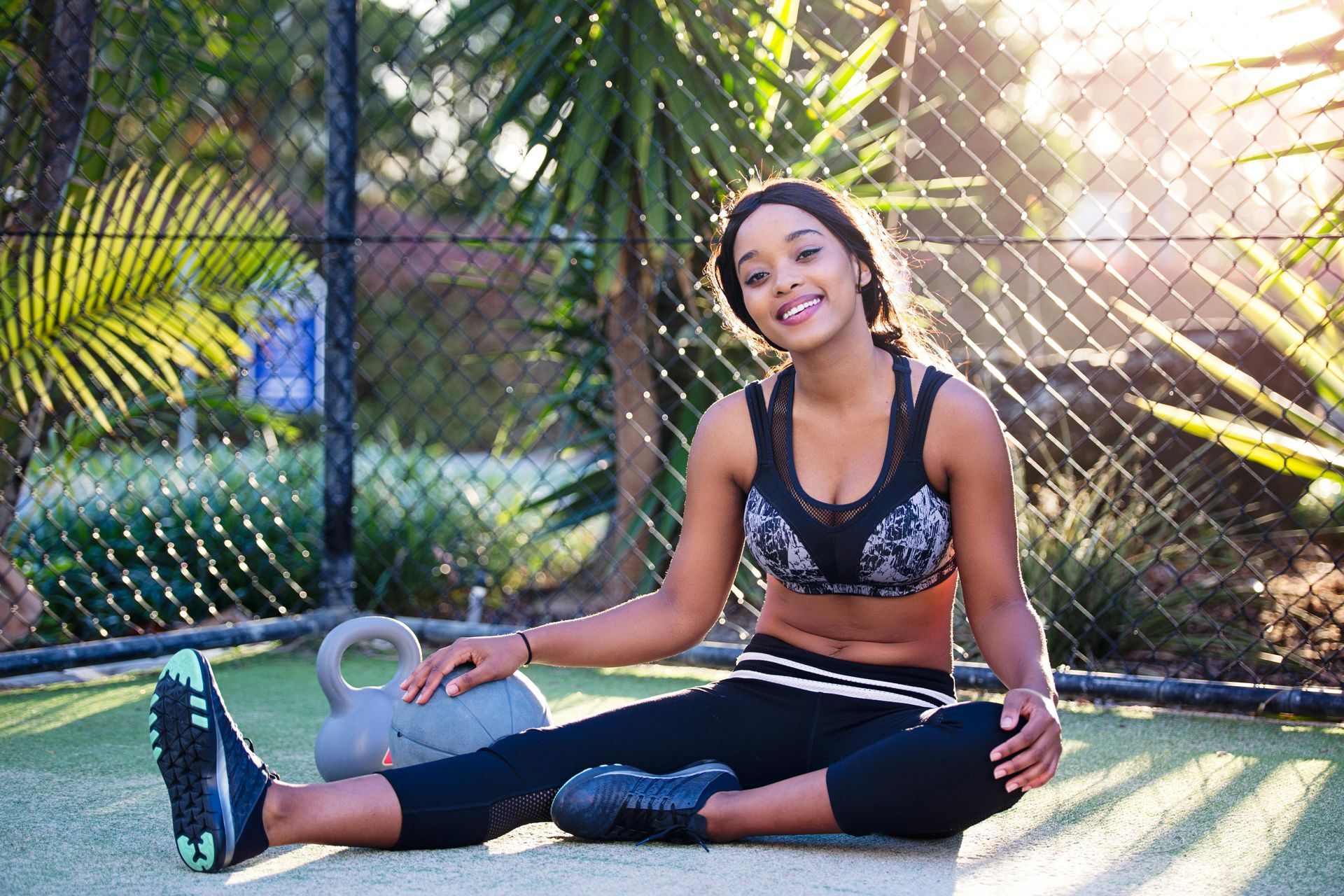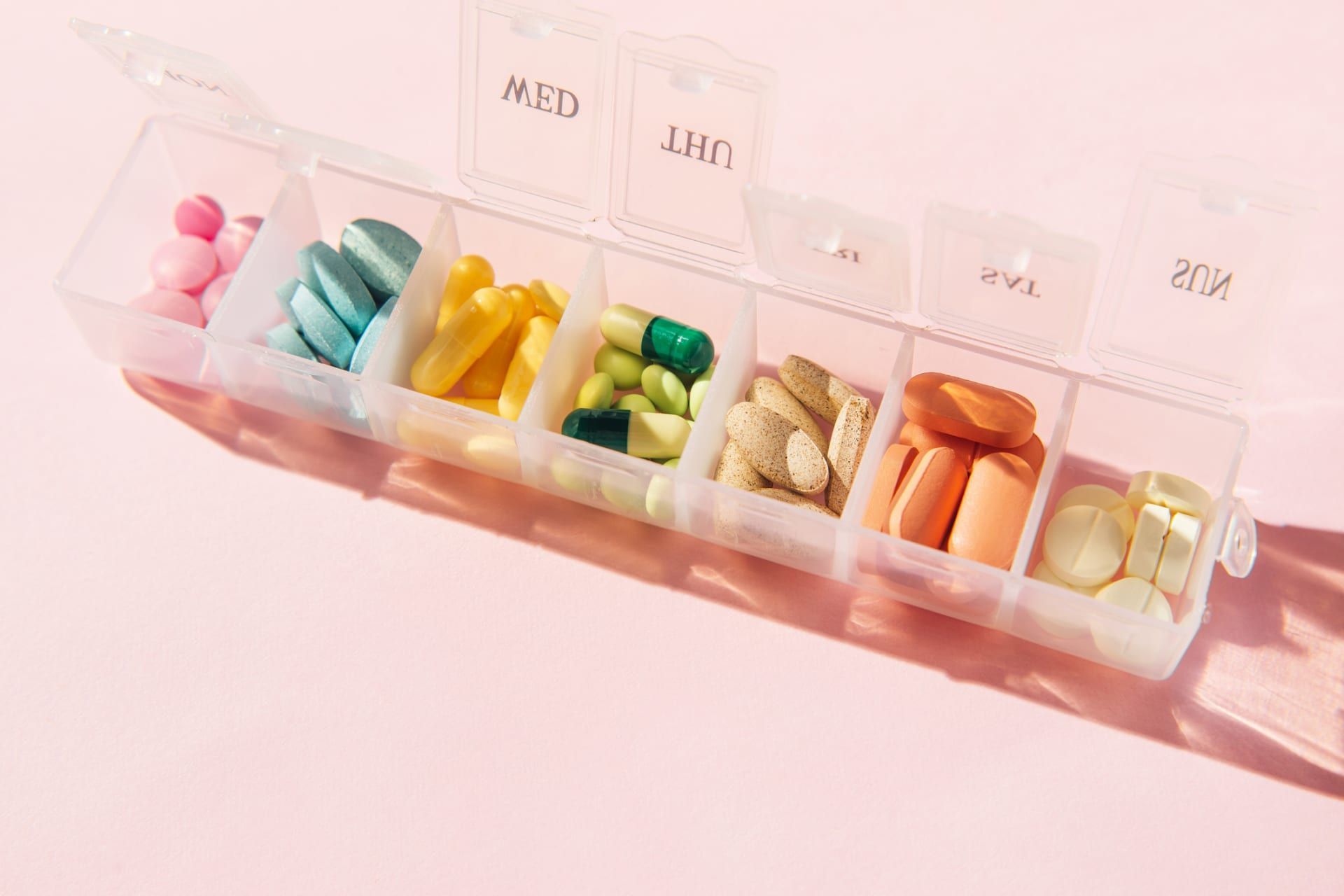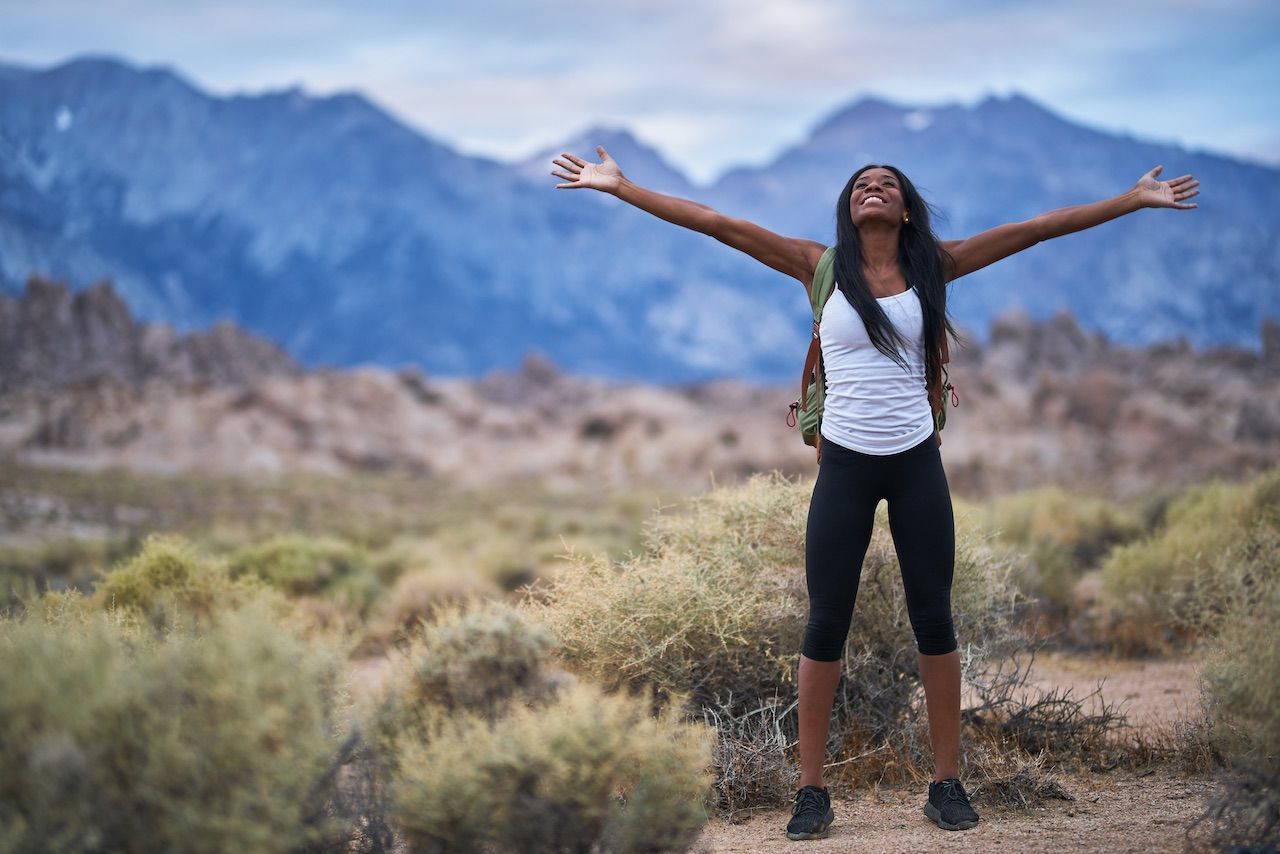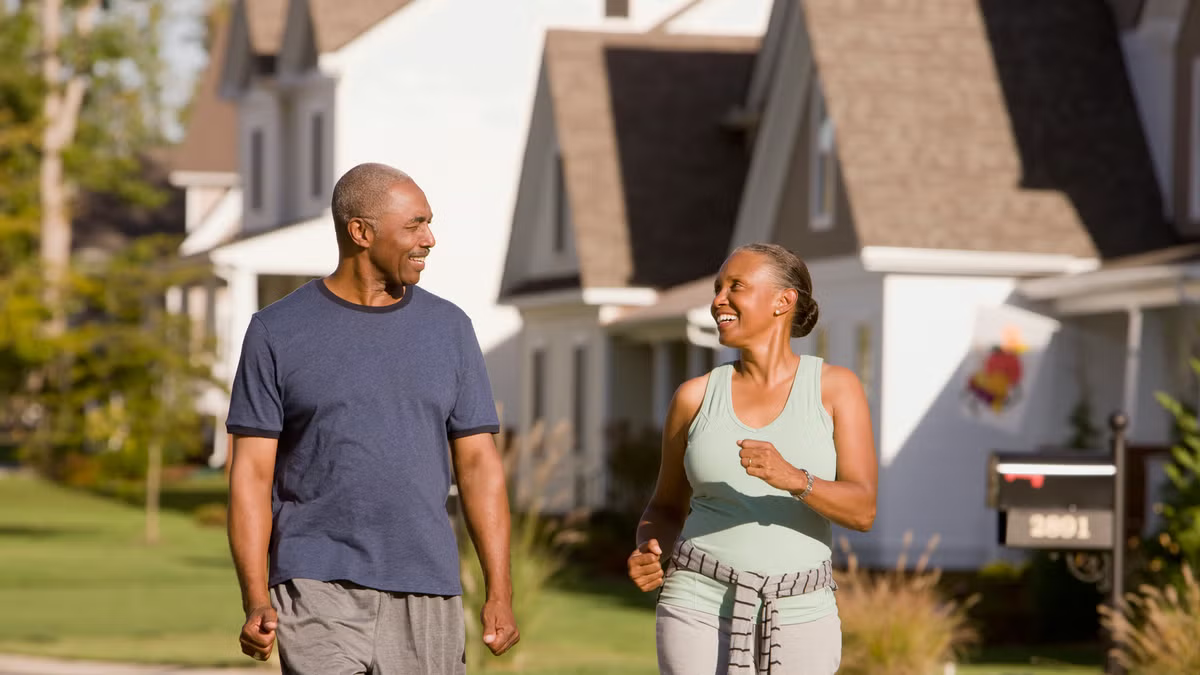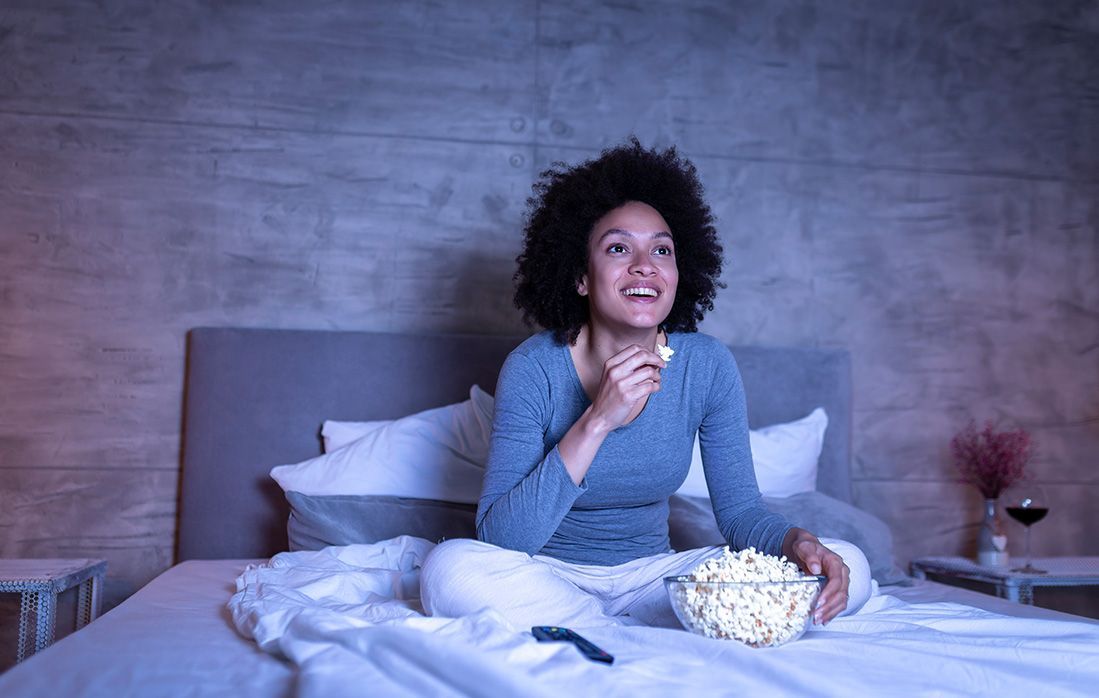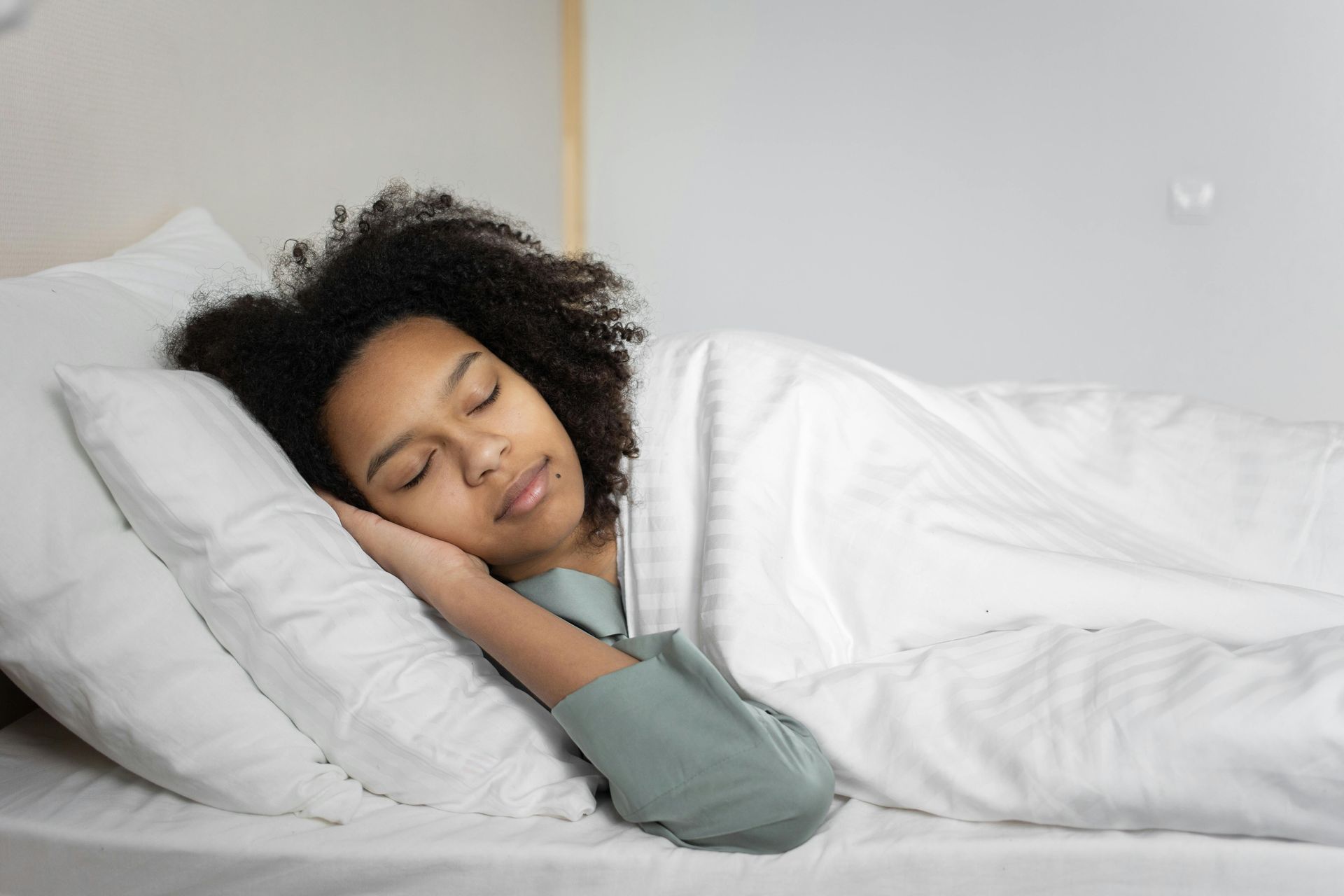How to avoid illness as COVID-19 and the Flu surge
A one-two punch of COVID-19 and the flu is striking Americans interrupting daily life and threatening to upend holiday plans.
But while both diseases are spreading widely, officials stress that we aren’t powerless. Everyone can take steps to protect themselves and those around them better.
Here are some tips that you can follow:
Get your shots
Vaccines are available for COVID-19 and the flu — and officials say rolling up your sleeve is a potent way to ward off severe illness.
“Getting that updated bivalent vaccine is the single most important thing you can do to make sure immunity is up to date and that you can fight the virus out there,” said Dr. Ashish Jha, the White House COVID-19 response coordinator.
Wash your hands, cover your coughs and sneezes
It sounds simple, but it’s true. Many viral illnesses, including flu and respiratory syncytial virus, or RSV, are spread through touches, such as making contact with a contaminated surface and your face.
Spend at least 20 seconds scrubbing with soap and water, or use a hand sanitizer if you don’t have access to soap and water.
Avoiding touching your face as much as possible is also a good idea. Flu can be transmitted by touching a virus-contaminated surface and touching your hand, eye, or mouth.
On the other hand, the coronavirus is primarily transmitted through the air — namely when an infected person coughs or sneezes. That’s why it’s important to cover your face, using your elbow or a tissue, when you sneeze or cough.
Urge sick people to stay home
It’s a bummer to cancel events, especially after the interruptions over the last two years, but even a tickle in the throat or feeling under the weather should be a loud warning sign to stay home.
Take a rapid test before an event.
A coronavirus rapid test can help identify asymptomatic people who are infected and contagious before attending a gathering. The strategy is not foolproof, but it can help — especially if the test is taken as close as possible to the start of an event.
Take social events outside or open a window.
There’s a reduced risk of viral transmission when events are held outdoors. It’s better to offer beverages and food outside, if possible. Improving ventilation by opening doors and windows, or using an air purifier, can also help.
Consider masking
Officials and experts say wearing a mask in indoor public settings can reduce the risk of infection from COVID-19 and other respiratory illnesses by blocking the respiratory particles that can spread the disease.
“Wearing a mask in indoor public places, among other safety measures, effectively slows the spread of respiratory viruses that make children and the elderly very sick,” according to the California Department of Public Health.
Masking can also “significantly slow the spread and protect babies and young children who do not have immunity and are too young to wear a mask themselves.
Make sure to practice these good health habits:
• Get plenty of sleep.
• Be physically active.
• Manage your stress.
• Drink plenty of fluids.
• Eat nutritious food.
Start Taking Vitamin C Daily
Vitamin C might help stave off infections. Randomized trials show that once a day, 1,000 milligrams of vitamin C can help cut that risk in half.
There have also been studies of vitamin C in people before finals who have had a lack of sleep and stress to show that it also helps with that.
Credit Rong-Gong Lin II, Luke Money "How to avoid illness as COVID-19 and the flu surge", https://www.latimes.com/california/story/2022-12-11/how-to-avoid-covid-19-and-flu-during-holiday-season

